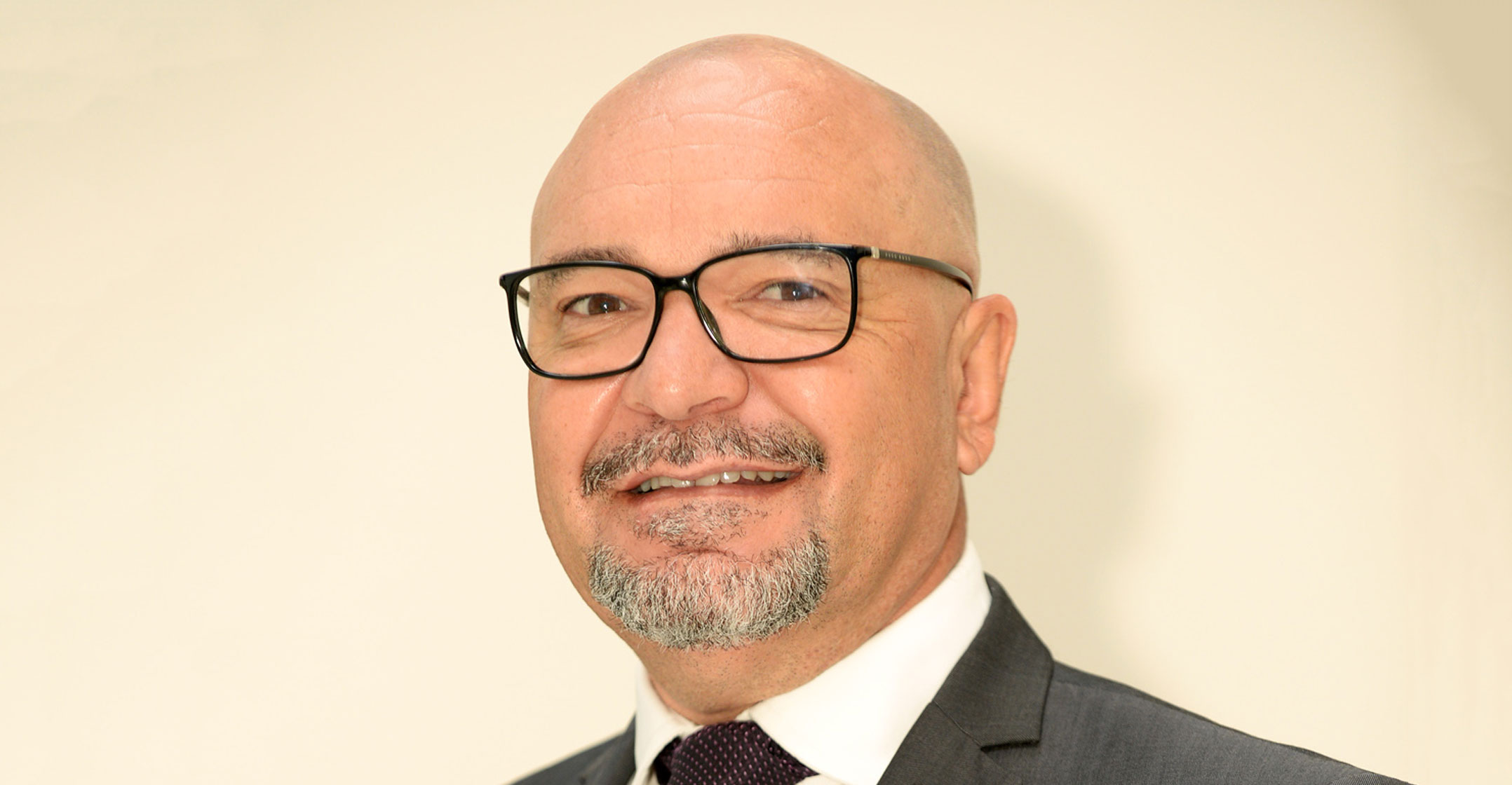
Liquid Telecom South Africa has made no decision yet about retrenching staff but has begun a consultation process with employees that could — and probably will — lead to job losses in the months ahead.
This is according to the company’s interim CEO, Craig van Rooyen, who told TechCentral in an interview on Thursday that the business is going through a major overhaul aimed at expanding its service offering to clients beyond simple connectivity solutions.
As part of this overhaul, Liquid Telecom Group – the Econet Global-owned parent of Liquid Telecom South Africa – will be renamed Liquid Intelligent Technologies. The name change will be completed by October, said Van Rooyen.
The changes come after former CEO Reshaad Sha stepped down in June, with Van Rooyen taking the reins on an interim basis. Van Rooyen said the decision to commence a consultation process under section 189(3) of the Labour Relations Act was his and not Sha’s. Notices were not served on individual employees; rather staff were informed through a general notice about the consultation plan.
The shake-up and likely job losses are somewhat surprising given that Liquid Telecom Group turned in robust results for the year to 29 February 2020, underpinned by good performances in South Africa and East Africa.
The group reported revenue growth of 17.5% to US$795.7-million, while earnings before interest, tax, depreciation and amortisation rose by 15.7% (before IFRS 16 financial reporting rules; with IFRS 16 applied, the number jumped to 36.3%).
Once-off contracts
Liquid said its South African business – largely created through the acquisition of Neotel in 2017 – performed particularly well, with a strong wholesale data performance.
However, Van Rooyen said the FY2020 numbers were bolstered by once-off contract wins from customers and that these won’t be repeated in the current financial year. The company has also been hit hard by the downturn in the economy caused by Covid-19 and the associated government-ordered lockdown, he added.
He didn’t say which specific contracts would not generate recurring revenue in the new financial year, but one of them may have been a large upfront payment from Vodacom for the deployment of a 5G network on which the latter now offers next-generation mobile broadband services to its customers. The company also signed a similar agreement with MTN South Africa, for roaming 4G/LTE services.

The new strategy, Van Rooyen said, will involve moving up the ICT value chain, to “create a compounding effect through recurring revenue”.
“This requires a new way of doing things. This is the growth strategy we have been implementing,” he said. “We have to do things a lot differently, and move away from our reliance on the telco business (which is heavy on infrastructure spending)… Through cloud and software-defined services and systems, you can orchestrate solutions for customers very quickly. But the whole way of working in Liquid has to change.”
He said there has already been a marked shift in the new direction. “Nine months ago, our order intake was 80% in favour of connectivity and 20% in digital products. Now, in July, its’ 60% from digital products and 40% from connectivity.”
But to move up the value chain, Liquid Telecom needs a new skills mix. It also needs to reduce its costs to be more in line with those of its rivals, hence the section 189 process, Van Rooyen said.
Research from independent consultants suggests its costs are 7% higher than they should be.
He emphasised that no decisions have been made about the number of employees to be let go of, though he admitted the company already has a rough idea of what needs to happen. The emphasis, he added, will be on mitigating against job losses as much as possible.
“We don’t want to predetermine the outcome of the consultative process. It is a 60-day period. We are a bit heavy (in terms of staff numbers) but I’d rather wait for the outcome of the consultative process.”
Hit hard
The lockdown and problems in state-owned enterprises have meant a weak start to the new financial year. The first quarter – March to May – “hit us quite hard”, Van Rooyen said. Its top SOE customers, including South African Airways, Transnet and the Passenger Rail Agency of South Africa, have all run into financial difficulties to varying extents, with SAA in business rescue.
“We are looking to become as lean as possible, but one of the last things we want to do is just go on a cost-cutting spree,” he said. “We are at a sensitive period in the company and we understand that employees are feeling a bit vulnerable because, in the new operating model, it might mean we need more people in some areas of the business and it may mean we need to cut in other areas.”
He said it is “always a priority” to try to upskill employees but this is “not always possible when you have to bring products to market quickly”.

Van Rooyen declined to comment on a report last week by Bloomberg News that the Covid-19 pandemic is hampering efforts by Econet Global founder, the billionaire Zimbabwean businessman Strive Masiyiwa, to sell a stake in the group, saying he has not been briefed on the situation.
According to the report, which cited four unnamed people with direct knowledge of the matter, Masiyiwa is seeking buyers for between 20% and 34% of parent Liquid Telecommunications Holdings for as much as $600-million (R10.5-billion). Bloomberg reported that Masiyiwa needs the money to repay a $375-million loan that was backed by South African fund manager, the Public Investment Corp, which invests pension money on behalf of civil servants. The PIC is reportedly demanding the issue be resolved by the end of August. — © 2020 NewsCentral Media




